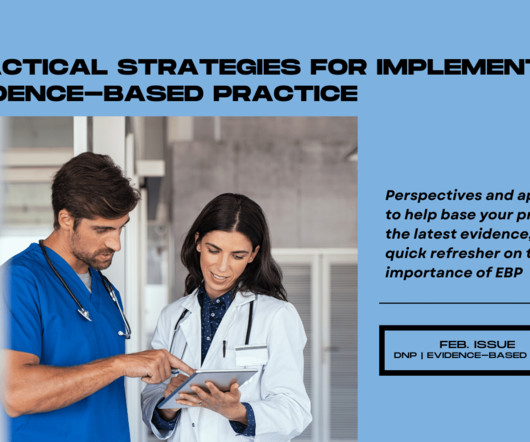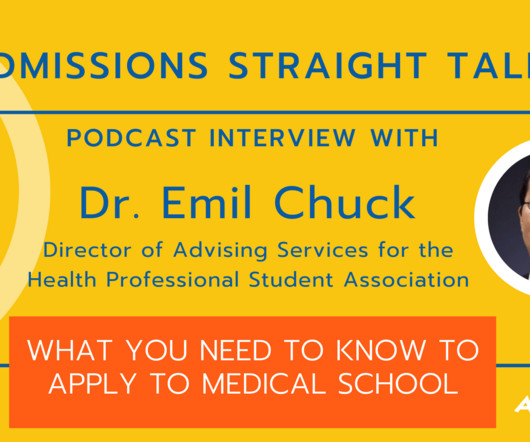Nursing Leadership: What Is It and Why Is It Important?
Relias
JUNE 6, 2024
The American Nurses Association describes a nurse leader as one who inspires and influences others to achieve their maximum potential using leadership skills and critical thinking. Every nurse has the potential to lead, whether on the front line, in their unit, or as a resource for others. But the goal is clear.











Let's personalize your content